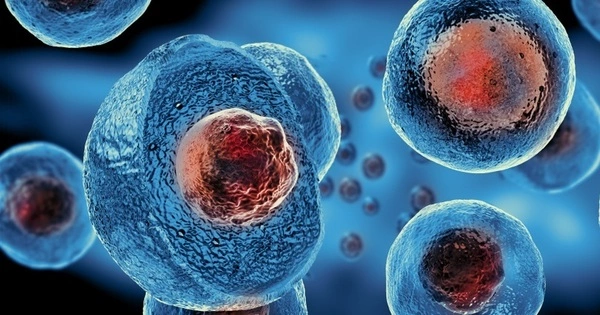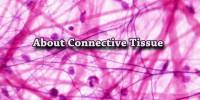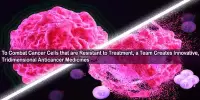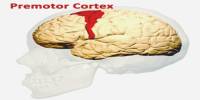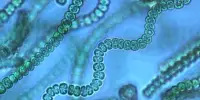Embryonic stem cells (ESCs) are pluripotent cells derived from the inner cell mass of a developing blastocyst, a stage in embryo development that is very early. These are pluripotent stem cells derived from the inner cell mass of a blastocyst, a pre-implantation embryo in its early stages. Pluripotent cells are the only cells that can differentiate into cells from all three germ layers: endoderm, mesoderm, and ectoderm. This allows them to develop into virtually any cell type in the human body.
Human embryos reach the blastocyst stage 4-5 days after fertilization, when they have 50-150 cells. Isolating the inner cell mass (embryoblast) using immunosurgery results in the destruction of the blastocyst, which raises ethical concerns, such as whether embryos at the pre-implantation stage have the same moral considerations as embryos at the post-implantation stage of development.
Here are some key characteristics and aspects of embryonic stem cells:
- Pluripotency: Because ESCs are pluripotent, they can differentiate into cells from all three germ layers. This property is what makes them useful in regenerative medicine and research.
- Self-renewal: ESCs can divide and replicate indefinitely while still remaining pluripotent. This ability to self-renew is critical for producing a sufficient number of cells for therapeutic purposes.
- Research and Therapeutic Potential: Embryonic stem cells are valuable tools for studying early human development, modeling diseases, and screening potential drugs due to their pluripotency. They also have a lot of potential in regenerative medicine, where they could be used to replace damaged or diseased tissues.
- Ethical Controversy: The use of embryonic stem cells has been a topic of ethical debate because obtaining these cells involves the destruction of a human embryo. This has led to concerns about the sanctity of human life and the moral implications of using embryos for research purposes.
- Alternative Sources: To address ethical concerns, researchers have been exploring alternative sources of pluripotent stem cells. For example, induced pluripotent stem cells (iPSCs) are generated by reprogramming adult cells, such as skin cells, to a pluripotent state. iPSCs share many characteristics with embryonic stem cells and avoid the ethical issues associated with using embryos.
Many laboratories are currently focusing on the therapeutic potential of embryonic stem cells, with clinical use as the ultimate goal. Diabetes and heart disease are two examples of potential applications. The cells are being researched for clinical therapies, genetic disorder models, and cellular/DNA repair. However, adverse effects in the research and clinical processes have been reported, such as tumors and unwanted immune responses.
Despite ethical concerns, embryonic stem cells have been used in clinical trials for conditions including spinal cord injury, macular degeneration, and certain blood disorders. However, obstacles remain, including the possibility of immune rejection and tumor formation.
